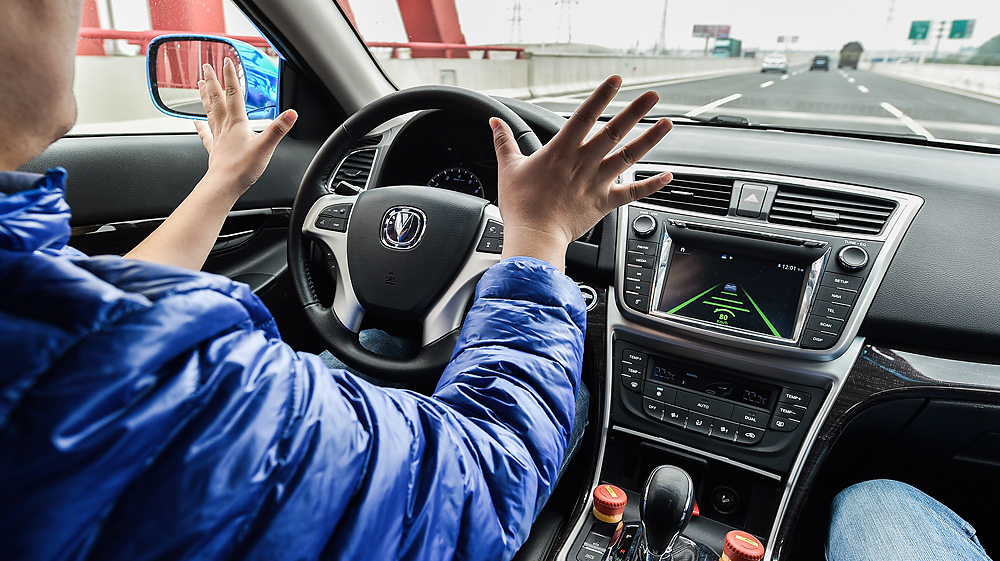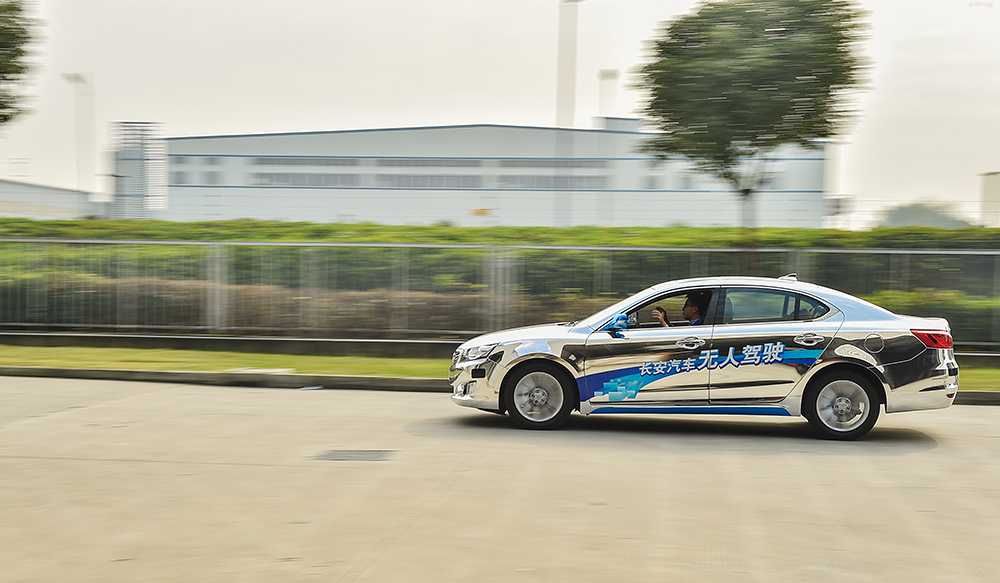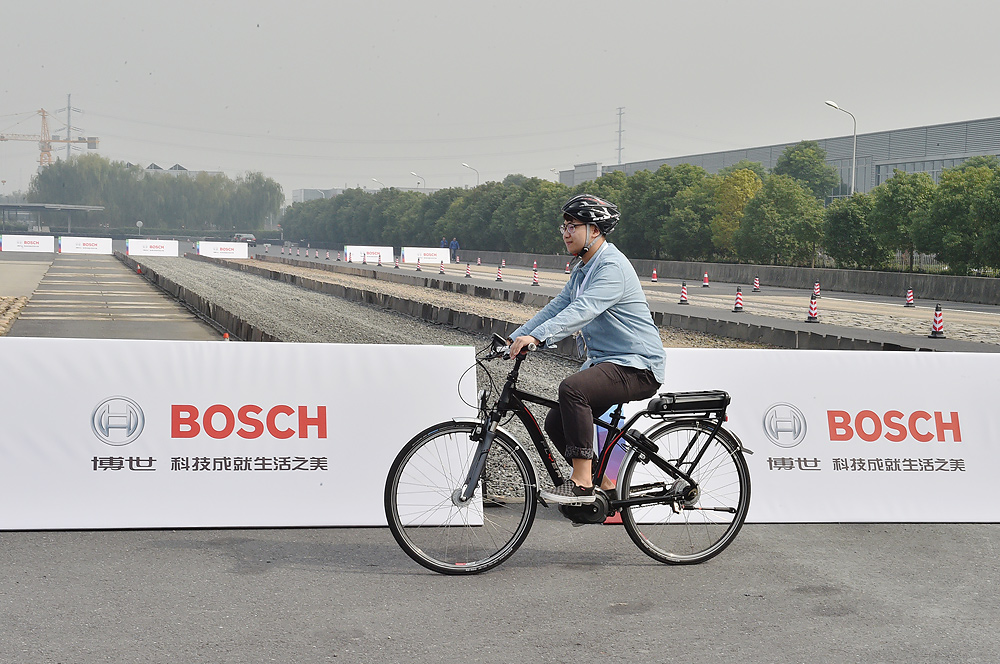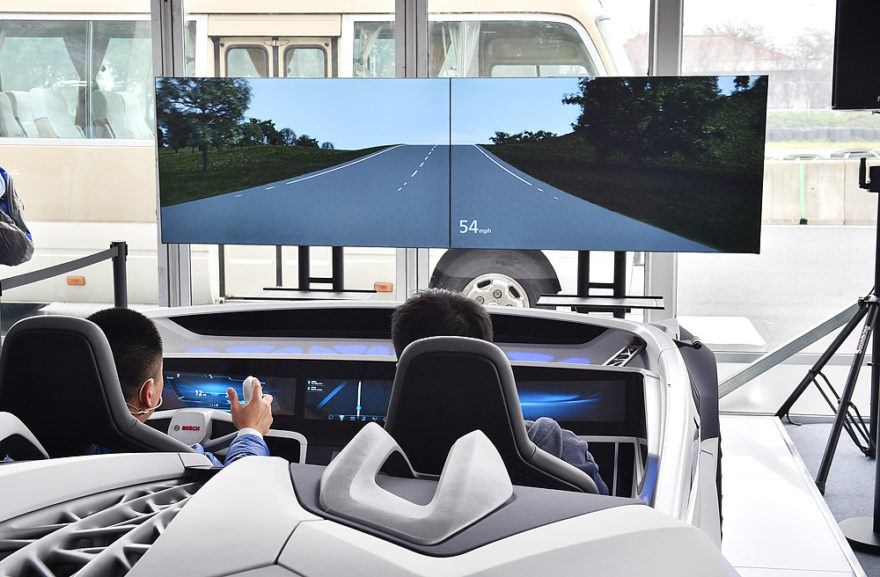The leading global supplier of automotive technologies and services Bosch recently presented its full range of innovative mobility solutions at the 2nd Bosch China Automotive Innovation Day in Suzhou, China.

According to Dr. Xu Daquan, Executive Vice President of Bosch (China) Investment Ltd, “Transformation in the automotive industry is being driven by global trends such as the aging population, urbanization, tightening emission regulations and the spread of the Internet. By grasping the unrivalled opportunities provided by these trends, Bosch is painting a blueprint for urban mobility and formulating our own strategies.”
The event, which held by Bosch every two years, is the company’s largest technology experience in Asia-Pacific. Focusing on a localization strategy, Bosch showcases innovative and tailor-made solutions for connected and automated driving as well as powertrain systems. The region is a significant driver of Bosch’s global growth. To underline this, Bosch will invest some 1.2 billion euros in 2016 into its Asian locations, including the Philippines.
The Future of Mobility is coming!
According to Bosch, by 2020, the car ownership per thousand people in China will increase to 153 from 95 in 2015, and issues such as traffic congestion, parking, and the last mile’s walking distance from subway station to workplace will become even more difficult to resolve.
How to find a new urban mobility solution has become the top priority for China’s automotive industry. As traditional automotive technologies can no longer be enough to meet future demand, intelligent and connected cars will be a key solution to problems including energy shortage, pollution and traffic jams. Meanwhile, the mobile-Internet-based sharing economy and individualized micro-transport tools will become other important elements in the future urban mobility layout.
Bosch Six core strategies unveiled
In its service to China’s automotive market, Bosch has always focused on bringing integrated connectivity, automation and electrification mobility solutions. When it comes to automation, Bosch established one of its core businesses–the driver assistance systems business unit–in China four years ago. It has also started focusing on valet parking and connected parking technologies in China.

Bosch is now developing a new interactive operation interface to leverage the advantages of connected driving. The company estimates that by 2021, cars will become the third largest connected mobile device and living space. As to electrification, Bosch believes that electric vehicles will be a future trend, but traditional internal combustion engines will still be important. The company aims to lower the fuel consumption of traditional internal combustion engines by 30-percent. Hybrid technologies will also become a solution in the transition from traditional engines to electric motors.
Apart from connectivity, automation and electrification, Bosch is also attaching strategic importance to other three strategic sectors: two-wheelers, commercial vehicles and off-road (CVO) and mobility services. The newly established “Commercial Vehicles and Off-Road” unit is applying connectivity, automation, and electrification to commercial vehicles to improve the overall efficiency and safety of the logistics ecosystem.
In the field of two-wheelers, Bosch provides solutions in drive systems and driving safety for a variety of products such as eScooters, motorcycles, eBikes, and self-balancing cars. The company has also developed active safety technologies for Chinese markets in particular, including the motorcycle ABS which can avoid up to 48 percent of accidents causing casualties. In terms of mobility services, Bosch is integrating sensors and software with its rich industrial experience and has introduced services such as eCall, fleet management solutions and active parking lot management.

Bosch Mobility Solutions
New players are entering the smart mobility market, including car manufacturers, innovative business model providers and car sharing service providers. The rapid increase in the category and number of clients and service providers represents both an opportunity and a challenge for Bosch. The company is cooperating actively with these new players. It is working with new manufacturers and bringing forward cooperative projects.
“Technological development has increased the demands on car manufacturing. Products should be tailor-made and diversified, costs should be reduced and production efficiency should be improved. Industry 4.0 solutions will effectively meet these demands. As a leading operator of Industry 4.0, Bosch has begun more than 150 pilot projects. Bosch is working on the improvement in efficiency and the level of connectivity to be prepared for Industry 4.0 in the automotive industry,” explained Xu.

